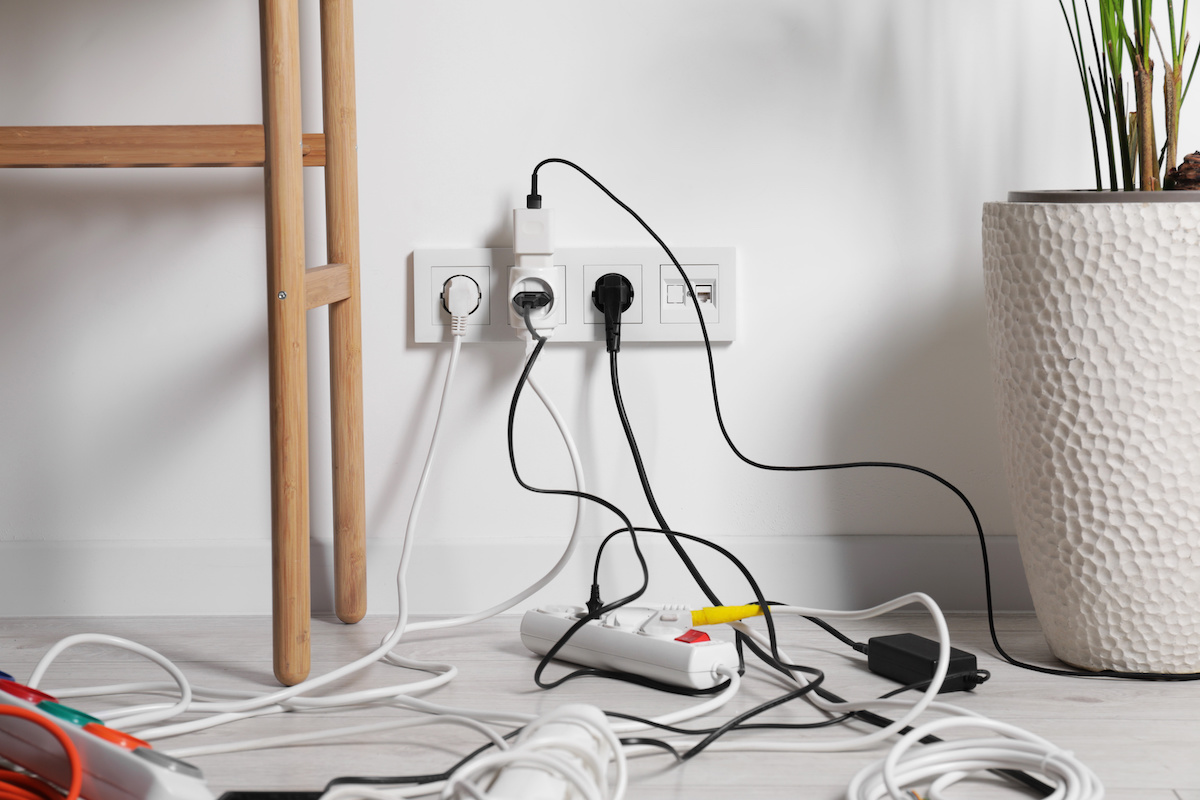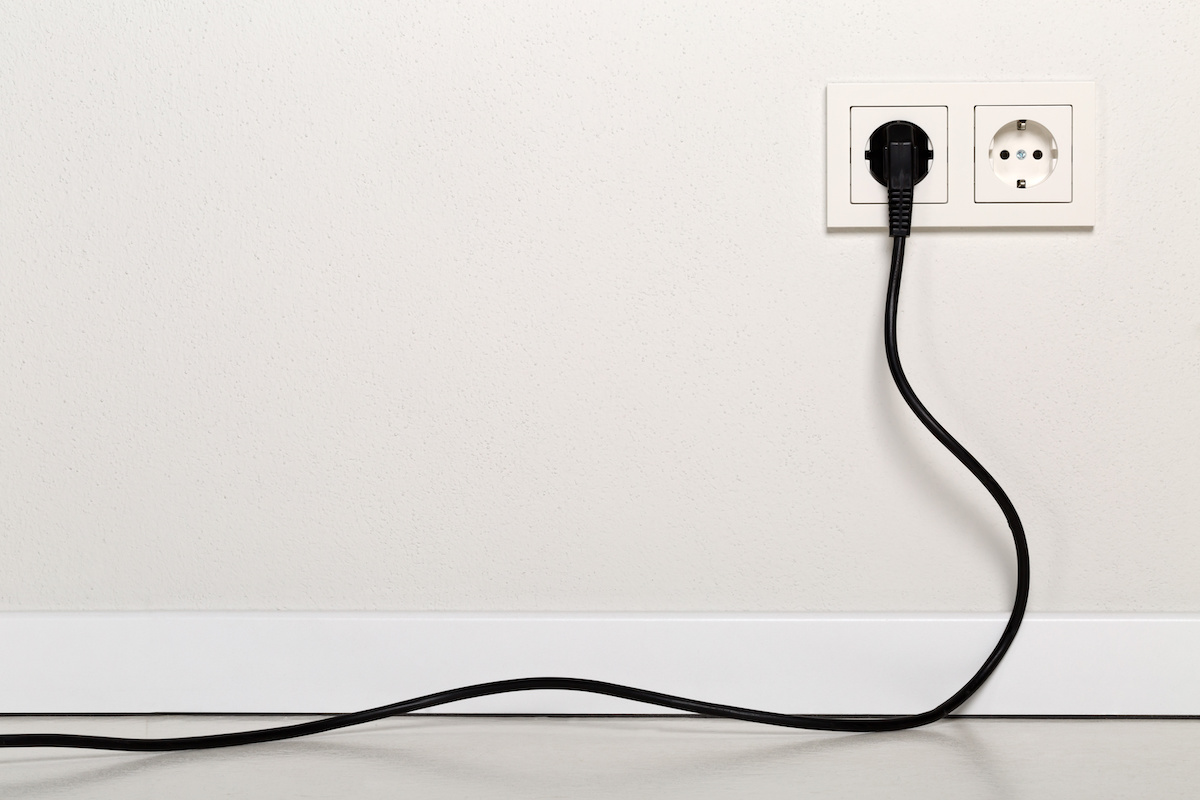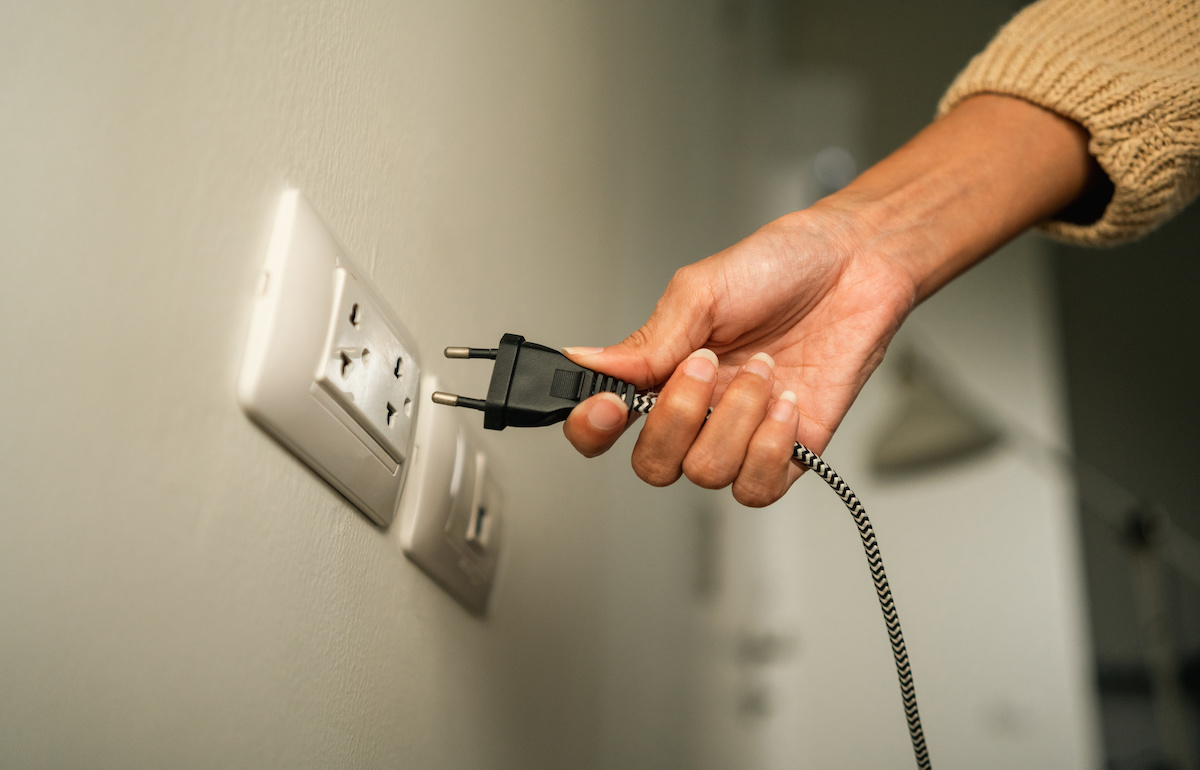Get it Fixed!
We offer same-day or next-day appliance repair of all major brands. For the fastest reply, call/text us at 727-510-3524.
Mon-Fri: 9 am – 5 pm
Saturday: Appointments Only
Sunday: Closed
Get it Fixed!
We offer same-day or next-day appliance repair of all major brands. For the fastest reply, call/text us at 727-510-3524.

Appliances have become an indispensable part of our daily lives, offering convenience and efficiency in our homes. From refrigerators to washing machines, these devices simplify our chores and improve our quality of life.
However, while appliances provide numerous benefits, they can also pose electrical hazards if not used and maintained properly. In this blog, we will explore the importance of appliance safety and provide valuable tips on preventing electrical hazards in your home.
Before delving into appliance safety, it’s crucial to understand the central role these devices play in our homes:
While appliances offer these advantages, it’s essential to recognize that improper use or neglect can lead to electrical hazards.

To ensure the safety of your home and loved ones, it’s crucial to be aware of the common electrical hazards linked to appliances. By understanding these potential appliance risks, you can take proactive measures to prevent accidents and maintain a secure living environment.
Here are a few of the common electrical hazards associated with appliances:
Electrical fires are a significant concern when it comes to appliance safety. These fires can be caused by various factors, including:
Preventing electrical fires involves regular maintenance, inspection, and the use of surge protectors, which can safeguard your appliances and circuits against voltage spikes.
Electric shocks are a significant concern, especially when appliances are used in wet environments, such as kitchens and bathrooms.
Potential causes of electric shock include:
To prevent electric shocks, ensure that appliances in wet areas are properly grounded and that there are Ground Fault Circuit Interrupter (GFCI) outlets installed in locations where water is present. Regularly inspect power cords and plugs for any signs of damage.
A short circuit occurs when electrical current deviates from its intended path, bypassing the regular flow and creating potential risks such as:
Short circuits can be prevented by ensuring that power cords and plugs are in good condition and that outlets are not overloaded. Additionally, regularly inspecting the internal wiring of appliances can help identify potential issues before they lead to short circuits.
Overloading circuits occur when multiple appliances are plugged into a single outlet or circuit, drawing more current than the circuit can safely handle.
This can result in:
To prevent overloading circuits, avoid plugging too many appliances into a single outlet or circuit. Use surge protectors and distribute your appliances across different circuits when necessary.
In older homes, outdated electrical wiring may need to be equipped to handle the demands of modern appliances.
Common issues include:
To address outdated wiring concerns, consider consulting an electrician to assess your home’s electrical system and make necessary upgrades to accommodate modern appliances safely.
To ensure the safety of your home and loved ones, follow these tips to prevent electrical hazards related to appliances:
Ensure that appliances with three-prong plugs are connected to grounded outlets. The third prong is a safety feature that directs electrical faults away from you.
Schedule regular professional inspections of your electrical system, including outlets and wiring, to ensure they meet current safety standards.
Keep electrical appliances away from water sources. If water spills on an appliance, unplug it immediately and let it dry before using it again.
Use safety covers on outlets to prevent young children from inserting objects into them. Educate children about the dangers of playing with electrical appliances.
Follow the manufacturer’s instructions for each appliance. Misuse can lead to safety hazards.
Know the location of your electrical panel and how to shut off power in case of emergencies.

In addition to general electrical safety measures, consider these appliance-specific tips to enhance safety:
Appliances are essential to our modern lives, but their use also carries the risk of electrical hazards. By taking proactive measures, regularly maintaining your appliances, and following safety guidelines, you can enjoy the benefits of these devices without compromising the safety of your home.
Remember that electrical appliance safety is not just about preventing accidents but also about promoting energy efficiency and reducing the risk of fire. Embrace a safety-conscious approach to appliance use and maintenance to protect your home and loved ones.
Working with a trusted and experienced appliance repair company, like Gulf Coast Appliances, is the best way to ensure you’re avoiding the potential for electrical hazards and focusing on appliance safety. Don’t hesitate to reach out to our team at Gulf Coast Appliances to keep your home safe and your appliances working properly!